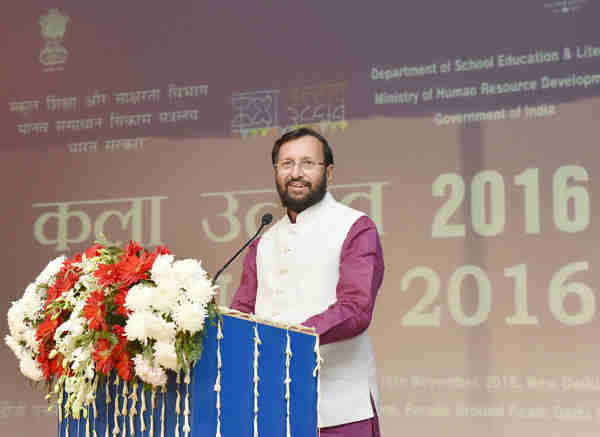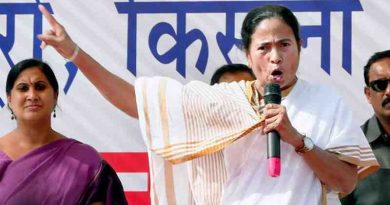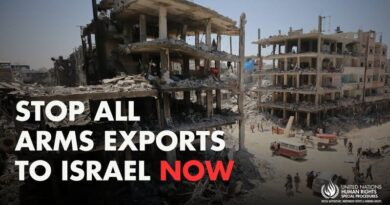Education Is India’s Reply to Separatism in Kashmir: Prakash Javadekar

Kashmir has been facing a series of violent incidents since the killing of a 22-year-old rebel leader Burhan Wani by the Indian security forces in July.
By Rakesh Raman
While an unprecedented unrest has been persisting in Kashmir – which is a disputed territory between India and Pakistan – for the past over four months, Indian government is satisfied with the situation in the troubled valley.
An Indian education minister Prakash Javadekar said Tuesday that people of Jammu & Kashmir (J&K) understand the importance of ‘Taleem’ (education) and want peace and prosperity.
He was speaking at the the four-day Kala Utsav (Art Festival) 2016 in Sangam Auditorium in the DG NCC Camp, Delhi.
Without revealing the level of participation in the exams, the minister congratulated students and parents of Jammu & Kashmir for their response to the board exams.
[ Education Dilemma: Let Us Save the Lives of Our School Children ]
“This is India’s befitting reply to separatism and those who indulged in burning schools,” Javadekar said. “If children attend school and get education, the country will move forward and will emerge stronger.”
Earlier this month, a leading human rights organization Amnesty International India had demanded that the Jammu and Kashmir (J&K) state government should bring to justice those responsible for the burning of schools in Kashmir and end the occupation of schools by Indian security forces.
[ Protect Children’s Right to Education in Kashmir: Amnesty ]
Since July, Amnesty says, at least 25 schools have been completely or partially burnt across 10 districts of Kashmir and three schools were set on fire on 29 and 30 October.
“Schools should be safe spaces under all circumstances. The vicious arson attacks on schools end up denying children in Kashmir their right to education. This disturbing trend must stop,” said Aakar Patel, executive director, Amnesty International India.
[ Stop Human Rights Abuses in Kashmir: Rights Groups ]
Kashmir has been facing a series of violent incidents since the killing of a 22-year-old rebel leader Burhan Wani by the Indian security forces on July 8 in an encounter which many believe was avoidable.
Nearly 100 people have died and thousands injured in the conflicts between the supporters of Burhan Wani and the Indian security forces in Kashmir.
Amnesty reports that Indian security forces have used arbitrary and excessive force in response to the protests and hundreds of people have been blinded or otherwise injured, by pellet-firing shotguns. Hundreds of people, including children, have been placed in administrative detention, Amnesty said.
By Rakesh Raman, who is a government award-winning journalist and runs free school for deserving children under his NGO – RMN Foundation.
Photo courtesy: Press Information Bureau






